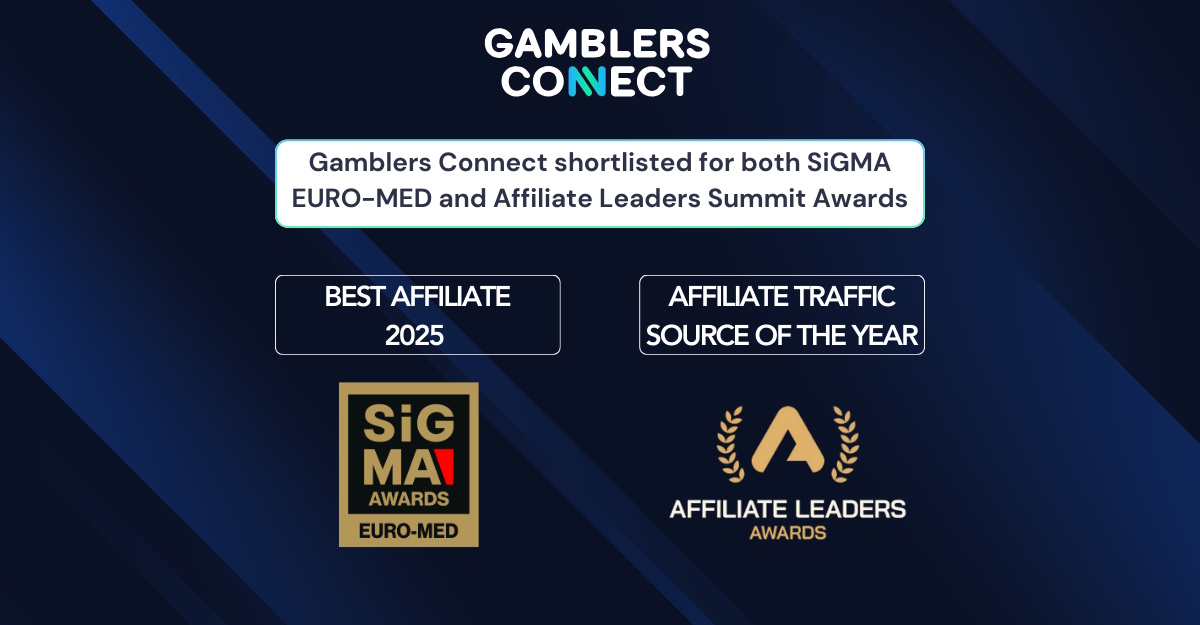Gambling in the USA
The Supreme Court should let states set their own sports gambling laws

American democracy’s comic opera frequently features collaborations of “bootleggers and Baptists.” These entertainments are so named because during Prohibition, Baptists thought banning Demon Rum would improve public morals (oh, well) and bootleggers favored the ban because it made scarce a commodity for which there was a demand that they could profitably supply. On Monday, the Supreme Court will listen — with, one hopes, a mixture of bemusement and amusement — to arguments concerning another prohibition.
This one concerns a law banning what many millions of Americans do anyway — illegally betting between $150 billion and $400 billion annually on sports events. Illegality prevents precise knowledge, but if the sum is just $150 billion, that sum exceeds the combined revenue of Microsoft, Goldman Sachs and McDonald’s. The Baptists in this case are those who consider gambling a vice that state governments should discourage. The bootleggers are those who supply illegal gambling services on the Internet and elsewhere.
The court’s nine fine minds need not, and should not, trouble themselves with the question of whether this particular prohibition is sensible. They should, however, defend federalism by telling the national government to stop telling state governments what laws they cannot change.
Twenty-five years ago, gambling was rapidly becoming regarded less as a vice that state governments should discourage and more as a source of revenue that those governments would encourage. But in 1992, then-Sen. Bill Bradley (D-N.J.), a former college and NBA basketball star who worried about the possible corrupting effects of gambling on sports, wrote the Professional and Amateur Sports Protection Act (PASPA). It says no government entity may “authorize” wagering on sporting events. This has not deterred the many millions of Americans who since 1992 have wagered trillions on such events. Next March, the sum wagered on the college basketball tournament — approximately $9 billion — will exceed the NBA’s estimated revenue for the 2017-2018 season ($8 billion).
In a 2011 referendum, New Jersey voters authorized their legislature to do what it did in 2014: partially legalize sports betting by repealing a law prohibiting such wagering at racetracks and casinos. The NCAA and professional sports leagues objected, saying that by “authorizing” such gambling New Jersey was violating PASPA. A federal circuit court agreed, rejecting the state’s argument that PASPA violates the 10th Amendment. (“The powers not delegated to the United States by the Constitution, nor prohibited by it to the states, are reserved to the states respectively, or to the people.”) The court said New Jersey’s partial repeal affirmatively authorized sports wagering by directing it to particular venues. The court argued that PASPA did not unconstitutionally “commandeer” state resources because it did not compel New Jersey to take a particular action or devote resources to administering federal choices.
An amicus brief supporting New Jersey argues that federalism precludes the national government from forbidding a state to pass a law “that neither violates the Constitution nor addresses any matter pre-empted by federal law.” Congress has not chosen, as it could, to prohibit sports betting; instead, Congress has paralyzed states, preventing them from changing laws that such betting violates and effectively commandeering state resources to enforce a policy that the state dislikes.
The brief also says: “Depriving the body that enacted a law of the ability to repeal or amend that law defeats the purpose of representative democracy.” It is indisputable that Congress cannot “directly compel New Jersey to enact a prohibition on sports betting.” Therefore, Congress may not prevent the state from repealing such prohibition. In either case, the state is being forced to regulate behavior it would prefer to deregulate or to regulate in its own manner.
As currently construed, PASPA requires states to disregard an emerging consensus: In 1993, 56 percent of Americans disapproved of legalizing sports betting. Now, 55 percent approve. Twenty states have joined an amicus brief supporting New Jersey, and legislation has been introduced in a dozen states to legalize sports betting if New Jersey wins. The professional sports leagues are recalibrating their thinking, partly because legalizing and regulating sports betting would make it easier to detect suspicious surges of bets that might indicate rigged competition, and partly because wagering expands and intensifies fans’ engagement. For example, bettors watch more NFL games, and watch for longer, than non-bettors.
Besides, the NFL is moving the Oakland Raiders to a city built by gambling, Las Vegas, where an NHL franchise has just begun its first season. The outcome in the Supreme Court is difficult to predict. It is, however, legal to bet on it.
-

 Latest News7 days ago
Latest News7 days agoGamblers Connect Shortlisted for Prestigious Affiliate Awards at SiGMA EURO-MED and SBC Summit 2025
-

 Africa4 days ago
Africa4 days agoQTech Games wins Best Innovation of the Year at the 2025 SBWA+ Eventus Awards
-

 Asia4 days ago
Asia4 days agoNODWIN Gaming and JioStar Unveil OnePlus Android BGMS Season 4
-

 Latest News7 days ago
Latest News7 days agoGamblers Connect Launches Dedicated ‘Game Providers’ and ‘B2B Providers’ Sections to Strengthen Industry Partnerships and Visibility
-

 Latest News4 days ago
Latest News4 days agoVindral appoints Henrik Fagerlund as Chairman of the Board
-

 Latest News4 days ago
Latest News4 days agoCalema to Perform at Legends Charity Game in Lisbon
-

 Conferences in Europe4 days ago
Conferences in Europe4 days agoEGT Digital and EGT to rock the show at SiGMA Euro-Med 2025
-

 Latest News4 days ago
Latest News4 days agoPush Gaming redefines its portfolio, unveiling new game categories and sub-brand for extended player reach



















